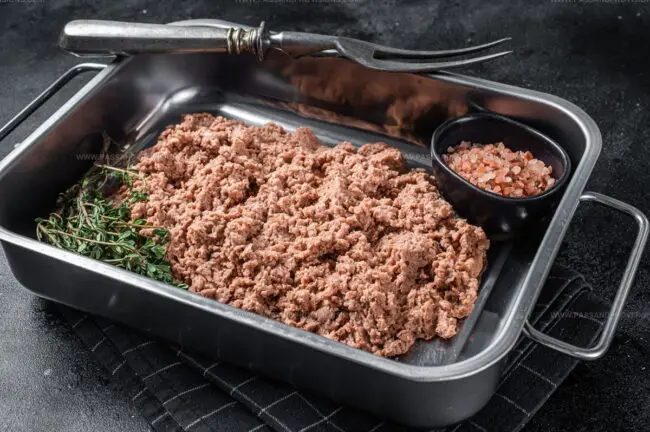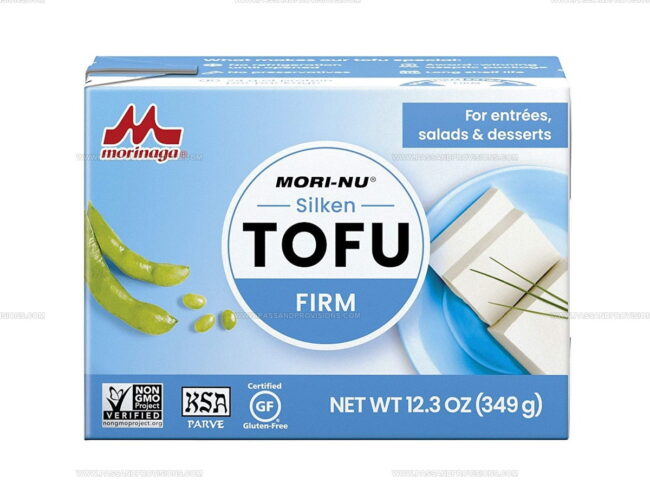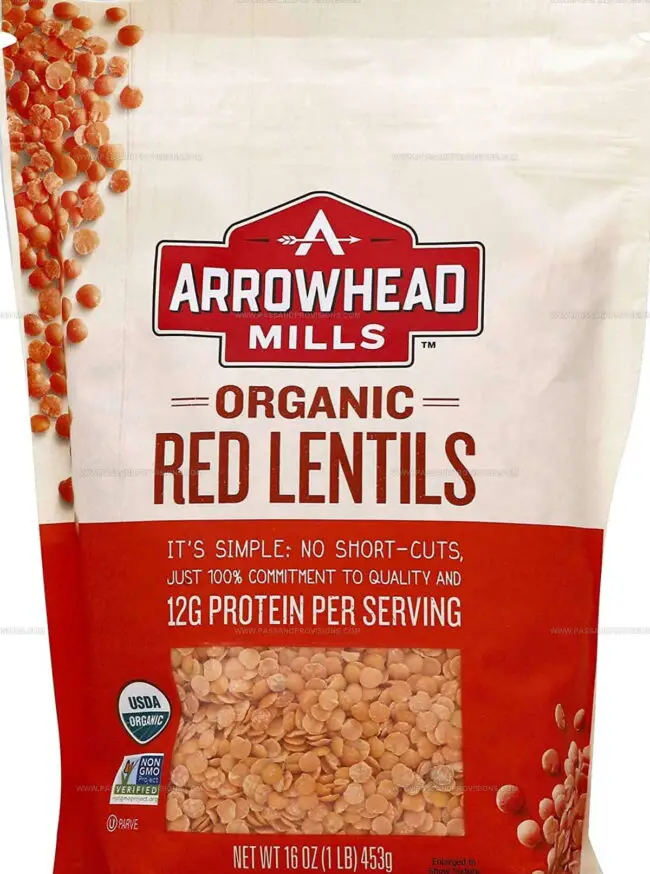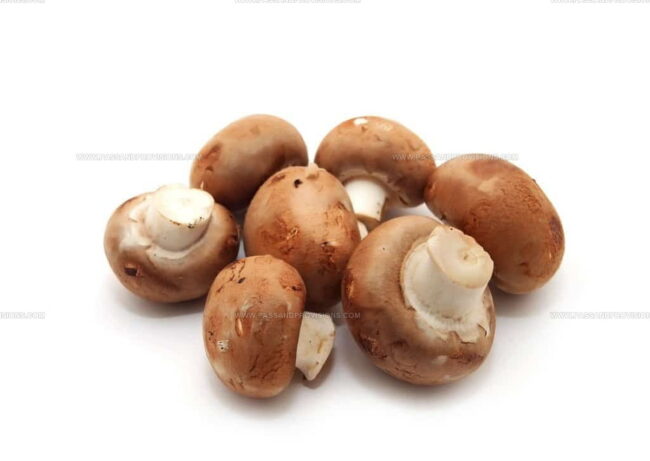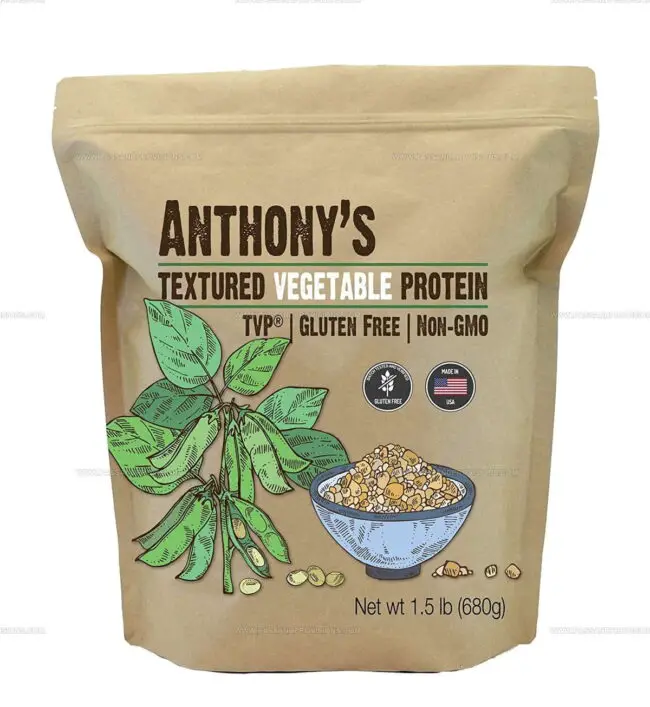4 Vegetarian Alternatives That Mimic Ground Beef
Vegetarian ground beef substitutes have revolutionized plant-based cooking for those seeking meat-free alternatives.
These innovative products closely mimic the texture and flavor profile that traditional beef lovers crave, yet contain zero animal products.
Many home cooks and professional chefs now regularly incorporate these versatile ingredients into classic recipes without sacrificing taste or satisfaction.
The market offers an impressive array of options made from ingredients like soy, peas, mushrooms, and various legumes.
Each alternative brings unique nutritional benefits while addressing environmental concerns associated with meat production.
People often report that guests can barely tell the difference when these substitutes appear in familiar dishes such as tacos, lasagna, or burgers.
The best part? As technology and culinary expertise continue advancing, these meat-free options keep getting more delicious and convincing every year; just wait until you try them in your favorite recipes.
Tips for Cooking With Vegetarian Ground Beef Substitutes
Cooking with vegetarian ground beef substitutes can be simple and tasty if you know a few helpful tricks:
Top Alternatives for Vegetarian Ground Beef
Vegetarian ground beef not being available can be swapped for a protein that serves the same role. Kitchen progress keeps its pace right through to plating.
Tofu
Tofu, sometimes called bean curd, serves as an excellent ground beef substitute for vegetarians looking to maintain protein intake.
Made from coagulated soy milk pressed into solid white blocks, this versatile food can easily transform into a convincing meat alternative with proper preparation.
For the best results, start with firm tofu that has been frozen for 24 hours, then defrosted and pressed to remove excess moisture.
After crumbling the prepared tofu block, add your favorite seasonings to mimic the savory flavor of ground beef.
Lentils
Lentils offer a fantastic vegetarian alternative to ground beef with their distinctive lens-shaped seeds that absorb flavors beautifully.
Many chefs recommend them because they provide similar texture and heartiness to meat-based dishes without the fat content.
Their slightly higher moisture level can be easily managed by reducing other liquid ingredients in your recipe or keeping them slightly undercooked.
These versatile legumes work wonderfully in countless favorite dishes including hearty meat pies, savory burgers, comforting casseroles, and nourishing soups.
Home cooks around the world appreciate how lentils deliver satisfying protein while creating delicious meals that even dedicated meat-eaters enjoy.
Mushrooms
Mushrooms serve as an excellent meat substitute for vegetarians due to their hearty texture and natural umami flavor profile.
When chopped into fine shreds, portobellos stand out as the top choice because they maintain a juicy quality similar to actual meat when cooked.
This fungi alternative works wonderfully in traditional meat dishes like burgers, stews, and pasta sauces without sacrificing satisfaction or taste.
Many people appreciate how mushrooms absorb seasonings effectively while providing nutritional benefits including fiber, vitamins, and minerals.
The relatively quick cooking time makes mushrooms an ideal weeknight option when you need a fast but filling meal on the table.
Textured Vegetable Protein (Tvp)
Substituting textured vegetable protein (TVP) for meat stands out as a top choice for vegetarians seeking plant-based alternatives.
This remarkable soy flour product, created after oil extraction from soybeans, provides comparable protein levels to animal-based options in your favorite dishes.
Many people appreciate how seamlessly TVP mimics the texture and satisfaction of traditional meat while maintaining nutritional value.
The versatility of this ingredient allows for easy incorporation into countless recipes from tacos to pasta sauces with minimal adjustment needed.
Making the switch to TVP in your kitchen can be a simple way to enjoy familiar meals without compromising on taste or texture.
Vegetarian Ground Beef Alternatives: Your Most-Asked Questions
1. Can I use vegetarian alternatives in traditional ground beef recipes?
Absolutely, most vegetarian substitutes work in tacos, chili, spaghetti, casseroles, and burgers, just adjust seasoning as needed.
2. Do I need to cook vegetarian ground beef alternatives differently?
Cooking times and methods may vary. TVP and crumbles often just need heating, while lentils and beans should be cooked until tender.
3. Are there high-protein vegetarian ground beef substitutes?
Yes, TVP, tempeh, tofu, and legumes all provide a good amount of protein for meat-free meals.
4. Can I freeze dishes made with vegetarian ground beef alternatives?
Most vegetarian substitutes freeze well, especially in sauces or casseroles. Cool completely before freezing and use within three months.
5. Will vegetarian substitutes work in burgers or meatballs?
Yes, combine lentils, beans, or crumbles with breadcrumbs and spices to form patties or meatballs that hold together well when cooked.
6. Are store-bought vegetarian ground beef substitutes healthy?
Many are made from soy or pea protein and are lower in saturated fat than beef, but check labels for sodium and additives.

